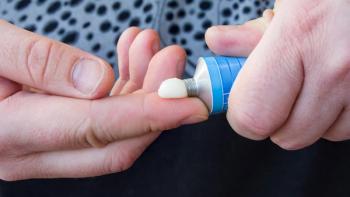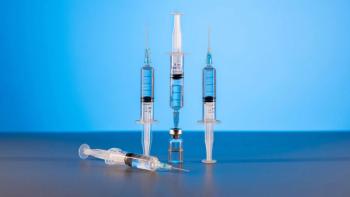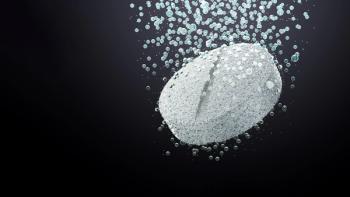
Janssen announces rolling submissions for its COVID-19 vaccine with Health Canada and EMA.

Janssen announces rolling submissions for its COVID-19 vaccine with Health Canada and EMA.

Operator, caregiver, and patient safety are at the forefront when selecting the best options and dosage forms.

Study results indicate that fatty alcohols may plausibly enhance the skin permeation of clotrimazole.

The COVID-19 pandemic has accelerated the need for modular designs to rapidly expand vaccine production capacity.

The investment will expand and upgrade manufacturing capacity and technology for pre-fillable syringes and will also includes a new manufacturing facility in Europe.

Transparency and open-dialogue are vital to sway the vaccine-hesitant community.

Moderna has filed for authorization for its COVID-19 vaccine candidate, which has shown high efficacy and safety in a Phase III trial.

Behzad Mahdavi, PhD, will join a team of experts in the company’s Science and Technology Group to fast-track the adoption of new development and drug delivery technologies and manufacturing processes and techniques.

Wacker will support production of CureVac’s COVID-19 mRNA-based vaccine candidate at its biotech site in Amsterdam, with production scheduled to start in the first half of 2021.

The EC’s approval comes after positive results from seven Phase II and III randomized, active-controlled, multi-center studies.

HMA and EMA have released a joint statement on the appropriate route for companies to submit marketing authorization applications and the approval processes for vaccines.

An independent data safety monitoring board found that clinical trial data demonstrated that the vaccine candidate met its primary endpoint and demonstrated protection from COVID-19.

Following an EUA application from Pfizer and NioNTech, FDA outlines the process for committee and agency review.

A second global Phase III clinical trial investigating the safety and efficacy of a two-dose regimen of JNJ-78436735 has been initiated by Johnson & Johnson.

Interim results of AZD1222 trial have demonstrated lower reactogenicity in older adults, and strong immune responses across all adult age groups.

Moderna has reported that EMA's CHMP has started a rolling review of mRNA-1273—Moderna’s COVID-19 vaccine candidate.

Stephen Hahn promises disclosure of supporting scientific data used to issue EUAs.

FDA issued emergency use authorization for bamlanivimab for patients at risk for severe COVID-19.

The vaccine will enter into a Phase III clinical trial in the United States and Mexico by the end of November, which could potentially support global authorization and approval of the vaccine.

Interim efficacy data suggests the Pfizer/BioNTech has an efficacy rate above 90%.

At the 2020 Bio/Pharma Virtual Congress, experts discuss the importance of characterizing excipients to ensure quality, safety, and effective performance.

Biopharma can apply new manufacturing practices adopted during the COVID-19 pandemic to enhance bioprocessing.

The document provides analytical strategy options for the control of recombinant viral vectored vaccines to support COVID-19 vaccine developers.

This paper reviews considerations for the formulation of chewable tablets including sensory characteristics, chewability assessment, and drug release.

Amorphous solid dispersions are a useful tool in overcoming solubility issues, but they have not yet reached full potential in commercial success.